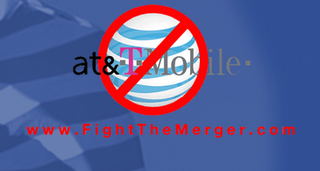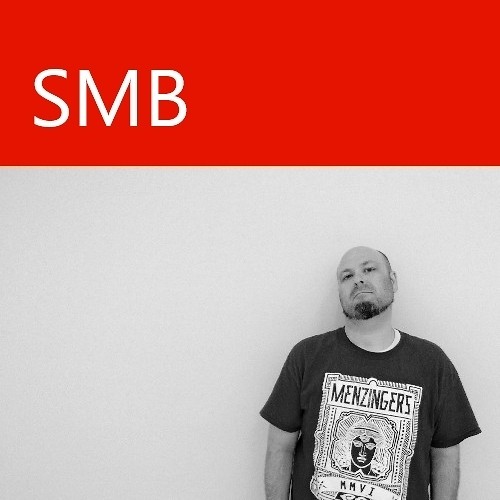AT&T fights back at anti-merger arbitration cases

AT&T has filed lawsuits in eight different jurisdictions to defend itself against a wave of arbitration cases filed by Bursor & Fisher on behalf of over 1000 AT&T customers. The New York law firm started a website called FightTheMerger.com to find a horde of AT&T users to file individual arbitration cases against Ma Bell, in order to prevent the acquisition of T-Mobile. The method of attack was chosen because AT&T's terms of service bar customers from filing lawsuits against them, instead offering the option of third-party arbitration.
AT&T issued a statement to each court claiming that Bursor & Fisher intend to proceed with each case individually, that they are actually launching a thinly-veiled class-action suit, which is prohibited by the terms of service as well.
“This merger will provide tremendous benefits for customers and unleash billions of dollars in badly needed investment, creating many thousands of well-paying jobs that are vitally needed given our weakened economy — a fact that’s been recognized by consumers, public officials, and groups of all types. However, the bottom line here is an arbitrator has no authority to block the merger or affect the merger process in any way. AT&T’s arbitration agreement with our customers — recently upheld by the Supreme Court — allows individual relief for individual claims. Bursor & Fisher is seeking class-wide relief wrapped in the guise of individual arbitration proceedings, which is specifically prohibited by AT&T;s arbitration agreement. Accordingly, the claims are completely without merit. We have filed suit in order to stop this abusive action.”
So it looks like a battle of semantics versus loopholes that will ultimately be decided in the courts. But even if AT&T prevails in this matter, there is still a long road ahead. A seemingly wary FCC still needs to approve the deal, and there is a long list of other challengers as well, including advocacy groups, politicians and other carriers.
Source: AllThingsD; Via: TechCrunch
Get the Windows Central Newsletter
All the latest news, reviews, and guides for Windows and Xbox diehards.

